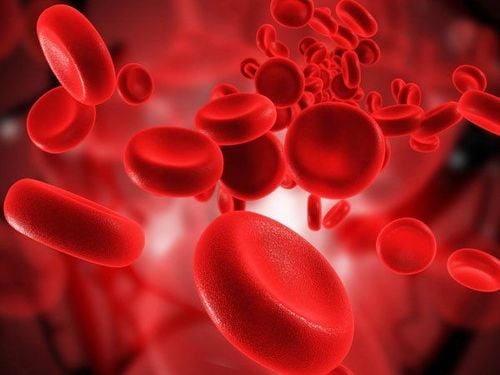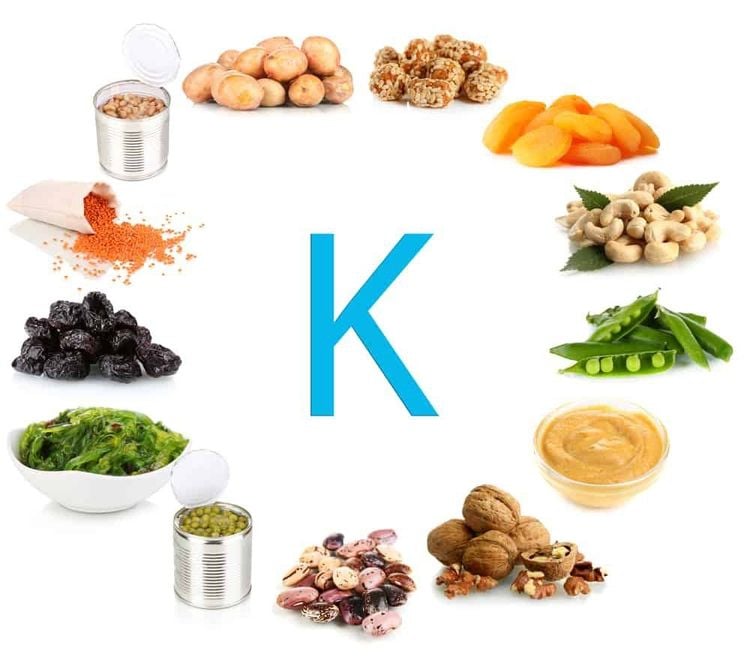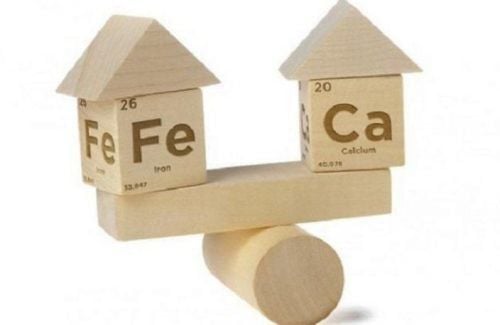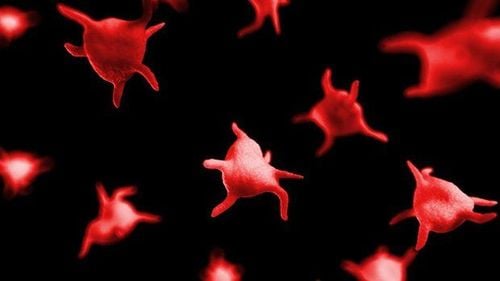Vitamin K refers to a group of structurally similar compounds., including vitamin K3 (also known as menadione), which is a man-made form of vitamin K.
1. What is the role of vitamin K?
Vitamin K is important for the blood clotting process and bone health. It can also prevent the accumulation of calcium in the tissues, organs, and blood vessels of people with or at risk of certain conditions such as kidney disease, cardiovascular disease, and diabetes.
Vitamin K3 is a man-made vitamin, which is synthesized from vitamin K. This is unlike the other two forms of vitamin K such as vitamin K1 and K2, which is called phylloquinone and menaquinone.
Vitamin K3 can be converted to K2 in the liver. Many animals can also convert vitamin K3 to active forms of vitamin K.
Although vitamin K3 is not legally sold in supplement form for humans because of safety concerns, it is commonly used in poultry and pig feed, also commercial pet food for dogs and cats.
2. Vitamin K3 is sometimes harmful to Humans

Research since the 1980s and 1990s proved that vitamin K3 is sometimes harmful to humans. These studies have shown the link between vitamin K3 and liver damage, as well as the destruction of oxygen-carrying red blood cells. Therefore, only forms of vitamins K1 and K2 are available as dietary supplements and prescription drugs.
Despite the harmful effects of vitamin K3 in humans, this vitamin is not harmful to pets or pets when added to food in appropriate doses.
However, it is still controversial over whether K3 should be added in pet foods, with some companies that don't add this vitamin believing their products are superior to those of other companies.
In both cases, the natural forms of vitamin K - K1 and K2 have a low potential for toxicity in humans.
Therefore, the US National Academy of Sciences and the European Food Safety Authority (EFSA) have not established an upper limit for vitamin K. The upper limit is the highest amount of the nutrient that can be consumed without harmful effects for most people.
3. Does Vitamin K3 have any effect?

Despite its toxicity, vitamin K3 shows anti-cancer and anti-inflammatory properties in vitro.
One test-tube study found that vitamin K3 killed human breast, colorectal and kidney cancer cells by activating a special protein.
This vitamin has also been shown to increase the production of reactive oxygen species, which are molecules that can damage or kill cancer cells.
Furthermore, several test-tube studies show that vitamin C and vitamin K3 work together to inhibit the growth and destruction of human breast and prostate cancer cells.
In addition to these anti-cancer properties, vitamins may also have antibacterial effects. One test-tube study showed that vitamin K3 inhibited the growth of Helicobacter pylori in the digestive system by reducing the bacteria's ability to replicate.
Although promising, more research is needed before any conclusions about the safety or effectiveness of vitamin K3 in the treatment of cancer or other conditions.
Plus, because vitamin K3 has been shown to cause harm in humans, any future research will need to look at whether the potential benefits of this vitamin for treating medical conditions outweigh the risks.
4. How much vitamin K does one need?

The National Academy of Sciences recommends that adult women should consume 90 mcg per day of vitamin K and it’s 120mcg for men.
On the other hand, the European Food Safety Authority (EFSA) recommends that adults just need 70 mcg or 0.5 mcg per pound (1 mcg per kg) of body weight per day.
These recommendations are based on the minimum amount of vitamin K needed to prevent signs of deficiency (bleeding). More research is needed in the future to determine the ideal amount of vitamin K to optimize bone health and prevent vascular calcification.
Because vitamin K is found in many foods, it’s easy for people to get enough of this vitamin through their diet.
Vitamin K1 is found naturally in foods such as leafy vegetables including spinach, kale and broccoli, and vegetable oils such as soybean oil and canola oil. Certain fruits like blueberries and grapes also contain this vitamin.
Vitamin K2 is found mainly in fermented foods such as sauerkraut and natto, a traditional Japanese dish made from fermented soybeans. To add, this vitamin is also found in poultry and pork products.
Good sources of vitamin K include: (Percent Daily Value (% Daily Value and can be shortened by DV)).
3 ounces (85 grams) of natto: 708% DV
1/2 cup (45 grams) collard greens: 335% DV
1 cup (28 grams) spinach: 121% DV
1 cup kale (21 grams): 94% DV 1/2 cup (44 grams) of broccoli: 92% DV
1 tablespoon (14 mL) soybean oil: 21% DV
3/4 cup (175 mL) pomegranate juice: 16%DV
1/2 cup ( 70 grams) blueberries: 12% DV
3 ounces (84 grams) chicken breast: 11% DV
1 cup (35 grams) lettuce: 12% DV
How well Vitamin K is absorbed depends on the food source. For example, vitamin K in green leafy vegetables is tightly bound to plant cell organelles called chloroplasts. This makes it harder for your body to absorb than vitamin K from oils or supplements.
However, green leafy vegetables tend to be the predominant source of vitamin K in the diet of Americans. You can increase vitamin absorption from green leafy vegetables by eating them with fats like oils, nuts or avocados.
Because vitamin K can interfere with the effectiveness of blood thinners like Warfarin or Coumadin, you should consult your doctor before taking these supplements or increasing your intake of foods rich in vitamin K.
Please dial HOTLINE for more information or register for an appointment HERE. Download MyVinmec app to make appointments faster and to manage your bookings easily.
Article referenced source: healthline.com












